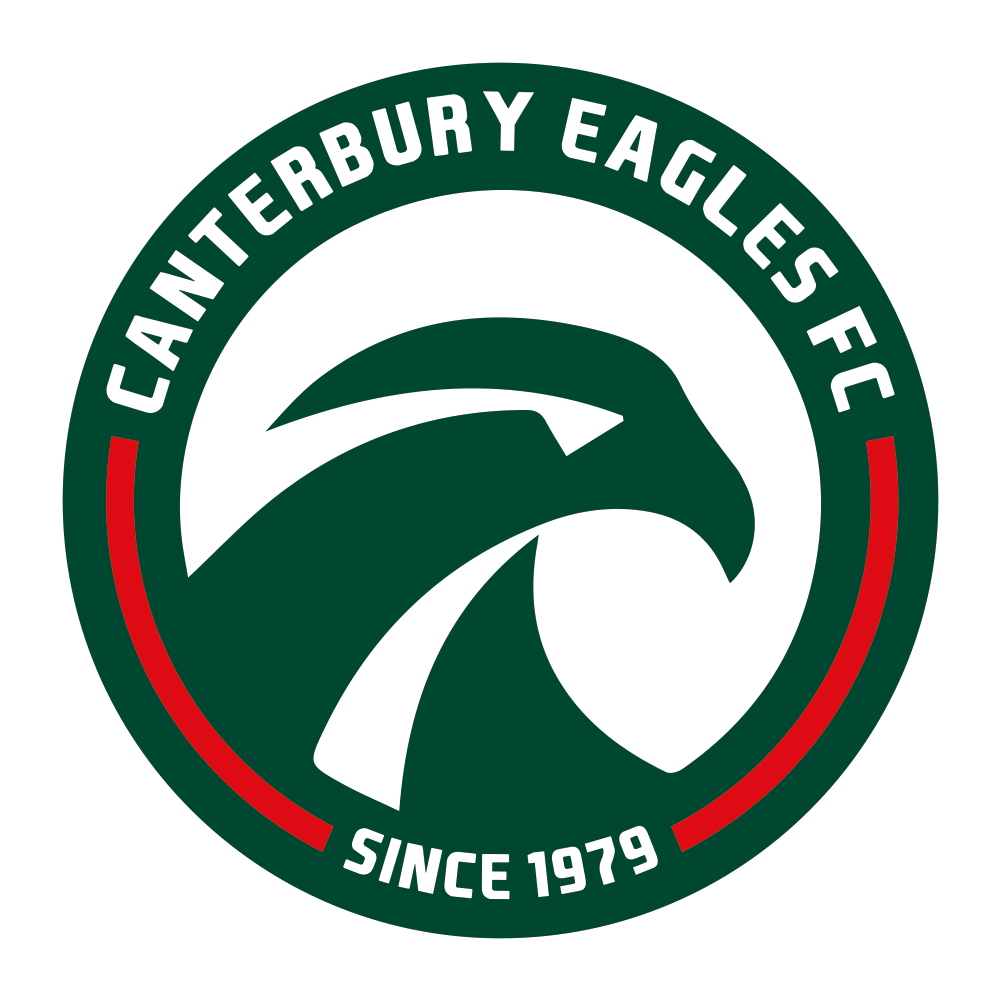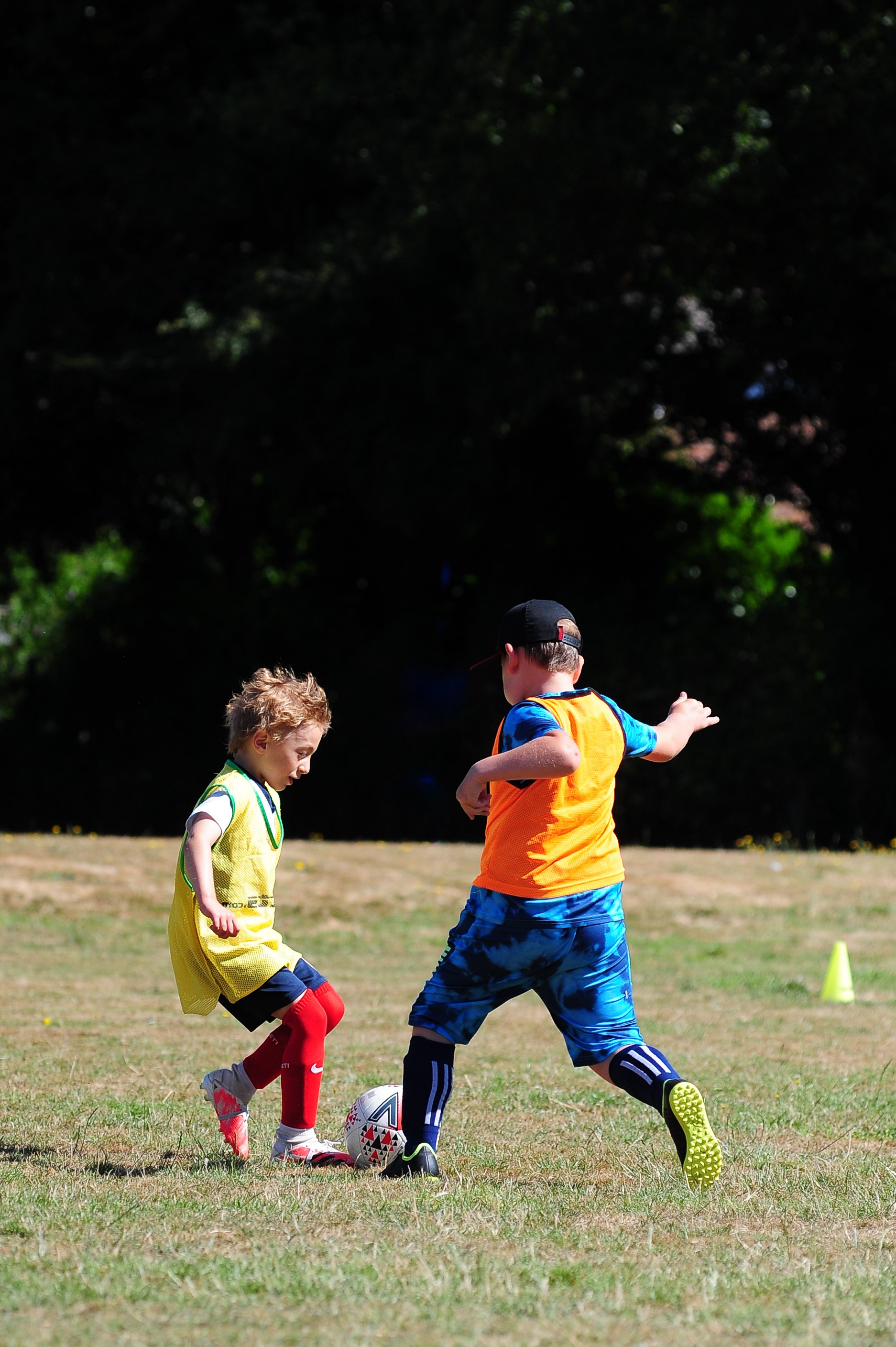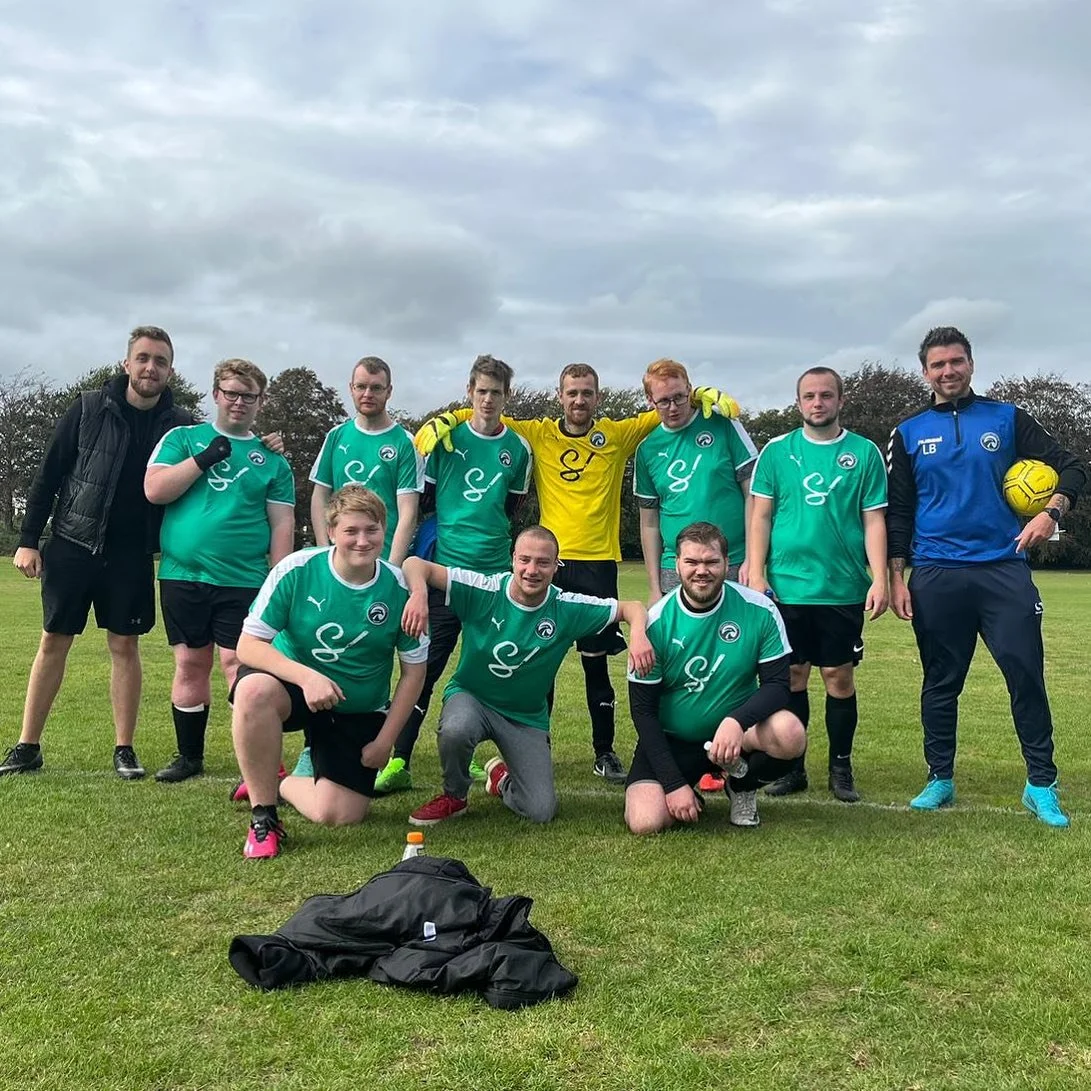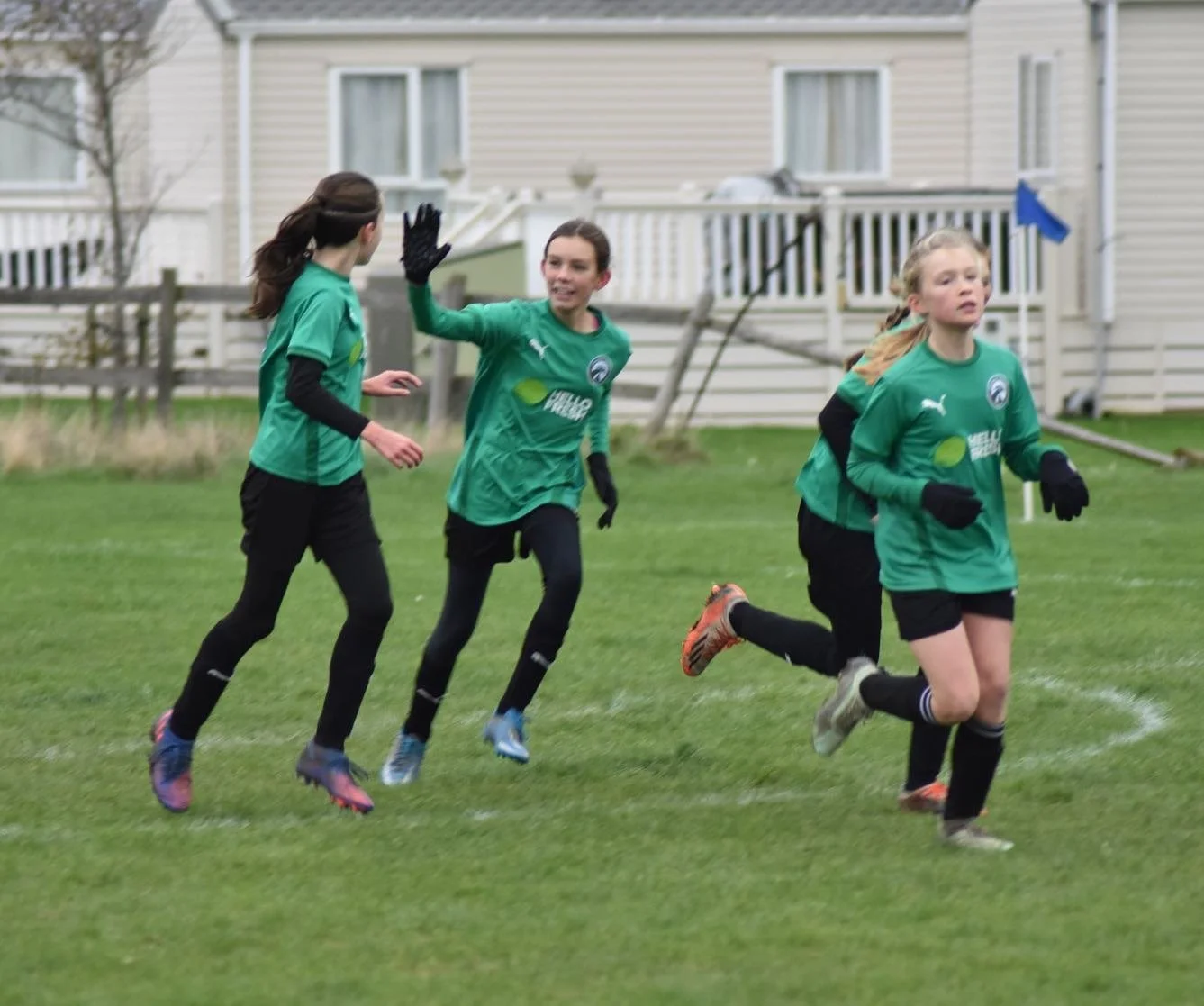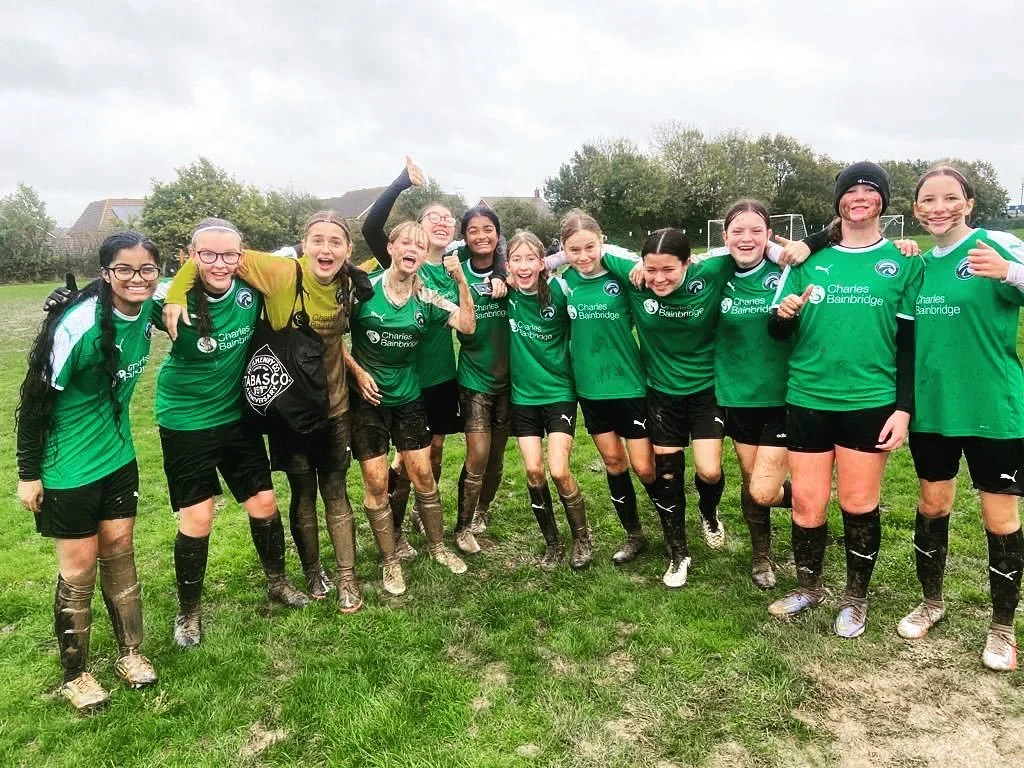Our move to charitable status
Since a completely new committee was formed in the spring of 2019, Canterbury Eagles has progressed from a club of 8 boys’ teams and a dwindling beginners’ session, to a thriving club of well over 30 teams providing opportunities for all parts of our community.
In that time, we’ve been incredibly proud to see a disability team and walking football club established, our girls’ section grow year-on-year, our boys’ teams flourish and our senior women’s and men’s teams competing well in their respective leagues. We now have well over 100 qualified volunteers giving their time to ensure the club provides a safe, well-organised and positive experience for all its members, and we have attracted the financial support of nearly 50 local businesses. We have truly become the community football club for Canterbury we set out to be when the administration of the club changed hands nearly 4 years ago.
In fact, we’ve got here rather quicker than we thought! Which is we now feel the way we’ve operated since 2019 is no longer appropriate for a club of our size. As discussed and agreed at our committee meeting on 26th November 2023, we plan to make a significant change to the way the club is run by becoming a charity.
What are we now?
We are currently a Community Amateur Sports Club (CASC). A CASC is a local or regional sports club that is non-profit making and open to the whole community. The CASC scheme was introduced in 2002 as an option for sports clubs to register with HMRC to receive 'charity type' tax reliefs.
What are we aiming to become?
We’re aiming to become a charity - specifically, a Charitable Incorporated Organisation (CIO). A CIO is a corporate body, which is specifically designed for – and only available to – charitable organisations in the UK, and is regulated by The Charity Commission.
What difference will that make?
There are a number of reasons why we think this is the best route forward. But for us, there are two main ones:
Firstly, the club’s legal relationships are currently held through individual committee members in their personal capacity, as opposed to through a legal entity. If something goes wrong, then committee members, specifically our co-chairs and club secretary, can be held personally liable. The more the club grows, the greater this risk becomes, and so like many clubs that have expanded beyond a certain size, we have taken the view that it is no longer appropriate for voluntary committee members to bear this risk.
Secondly, all charities are overseen by a board of trustees. The board of trustees has overall responsibility and accountability for everything the charity does. Trustees are normally unpaid volunteers who are interested in the charity's work. We feel this is a great opportunity to bring new skills, experience and vision to the club, providing much needed support to the current leadership team and robust governance more suitable to the current size of the club.
Charitable status may also give us access to additional funding streams that CASCs are not eligible for.
You can check out a thorough breakdown of the key differences between CASCs and charitable status here.
How does the club convert from a CASC to charitable status?
Organisations which have previously qualified as CASCs have a good chance of qualifying as charities, as several of the requirements and conditions are very similar. However, there’s plenty of work to do!
The process for converting involves setting up a new entity and applying to register it as a charity with the Charity Commission. Once this is done, all of the assets and liabilities of the existing club can be transferred to the charity. The charity requires a board of trustees, and this board cannot include the current senior leadership of the club, though they can join it once the existing club has been closed down.
Call for trustees
The charity commission will look closely at the proposed trustees of the charity. Individuals with experience clearly relevant to the effective running of the charity will give us the best possible chance of succeeding in our application. Trustees will provide financial oversight and governance, and will be instrumental in setting the direction of Canterbury Eagles as we move into this new era for the club.
The basic commitment would be 3 meetings per year, plus additional meetings occasionally as required.
If you feel you, or someone you know, would make a good candidate to be a trustee of Canterbury Eagles then we’d love to hear from you. Deadline January 31st 2024.
